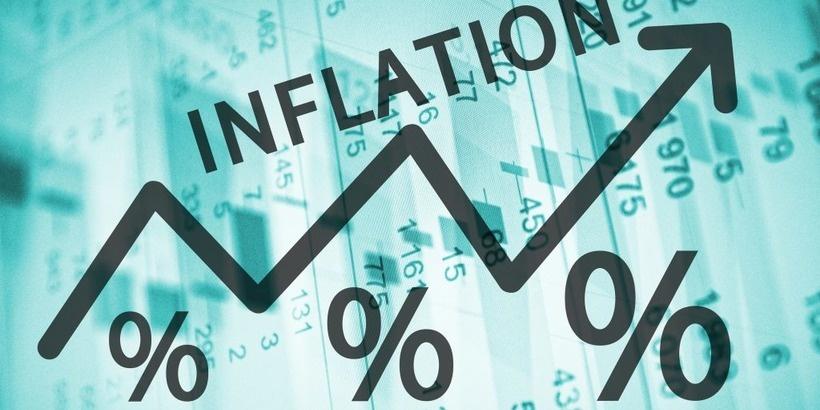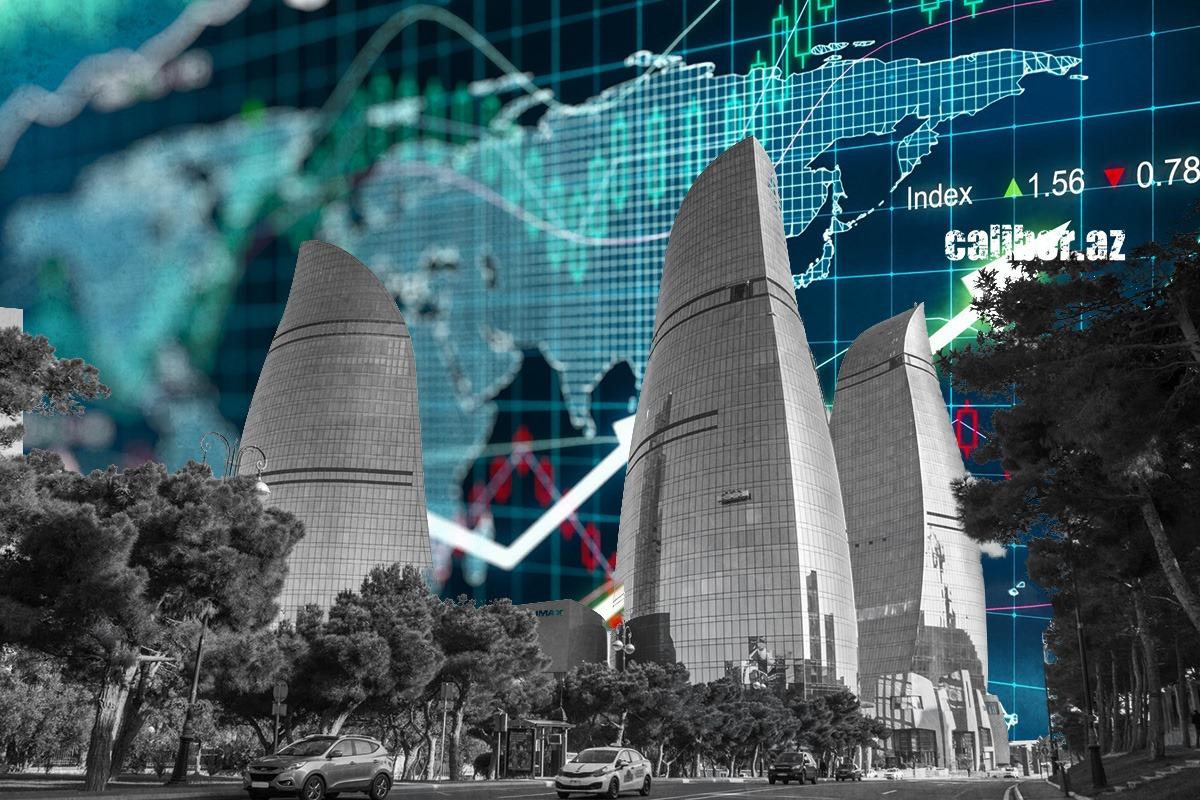Azerbaijan's 2025 budget: Renewed focus on Karabakh’s revival and social uplift Cabinet’s transformative goals
The Ministry of Finance of Azerbaijan has unveiled preliminary forecasts regarding the revenues and expenditures for the state budget for the upcoming year. During a recent Cabinet of Ministers meeting, key parameters of the 2025 budget package were thoroughly discussed. In light of increasing geopolitical instability and a global economic crisis, Azerbaijan is expected to maintain macroeconomic stability in the coming year, with positive developments anticipated in its economy. A central focus of the state budget for 2025 includes increased spending on defence and significant financing for projects in the Karabakh region. Additionally, the budget aims to enhance social protection measures for the population and foster the development of “green” projects.
The International Monetary Fund (IMF) has reported that the global economy has been grappling with a challenging environment since the end of the pandemic. This has included disruptions in supply chains, energy and food crises, and a sharp increase in inflation between 2022 and 2023. These factors have been exacerbated by synchronized monetary tightening worldwide, leading to a recession last year. Many of these negative impacts are expected to persist into 2024, with low growth rates projected for both the U.S. and EU economies, alongside a slowdown in China's foreign trade during the first half of the year. According to the IMF, the accumulated inertia as of September threatens to dampen global GDP growth, with a recent significant decline in oil prices serving as a clear indicator of such risks.
Azerbaijan has faced the adverse effects of the global crisis for the second consecutive year. However, despite a decline in domestic export dynamics and increased volatility in oil prices during the latter part of this year, the country has managed to maintain macroeconomic and monetary stability, mitigating the impact of external challenges across various parameters.
"Despite rising geopolitical tensions globally, price fluctuations in international commodity markets, and increasing debt and budget deficits in numerous countries, macroeconomic and financial stability has been upheld in Azerbaijan," Azerbaijani Prime Minister Ali Asadov stated during the Cabinet meeting.
He reported that, over the first eight months, the country's gross domestic product (GDP) grew by 4.3%, with the non-oil sector expanding by 7% and the non-oil industry segment by 7.8%. Currently, Azerbaijan's strategic foreign exchange reserves have surpassed $73 billion, equating to 100% of the GDP projected for the end of the year, and these reserves are nearly 14 times greater than the external public debt.
Furthermore, the stabilization and reduction of food prices globally have significantly alleviated imported inflation pressures this year. This, combined with efforts to strengthen the nominal effective exchange rate of the manat, has contributed to the stabilization of consumer price growth in Azerbaijan. According to reports from the Cabinet of Ministers meeting, the average annual inflation rate from January to August 2024 was 1.3%, while the annual inflation rate stood at 3.5%.

Importantly, Azerbaijan has successfully sustained positive trends in the non-resource sector of its economy, bolstered by the government's commitment to fulfilling its budgetary obligations. These efforts have enabled the country to effectively tackle all planned tasks for the current year, particularly in executing large-scale revival projects in the Karabakh region. This progress fosters a sense of optimism, as Azerbaijani Prime Minister Ali Asadov highlighted that to date, AZN 17.5 billion ($10.2 billion) has been allocated from the state budget for the revitalization of territories liberated from occupation. For 2025, an additional AZN 4 billion ($2.3 billion) is earmarked for these crucial initiatives.
The budget policy for the coming year and the medium-term outlook will prioritize several key areas, primarily focusing on implementing measures under the "Socio-Economic Development Strategy for 2022-2026." This includes the restoration, reconstruction, and reintegration of Karabakh and East Zangezur into Azerbaijan's economy, alongside ensuring the Great Return to these liberated territories. Strengthening military and defence security remains a top priority, along with the introduction of an additional social support package aimed at enhancing citizens' welfare.
“The restoration and reconstruction of Karabakh and Eastern Zangezur is one of our main tasks, and its successful implementation will serve as a ‘stimulating multiplier’ for the development of the non-oil economy in the medium term,” Asadov emphasized. He also noted that the execution of the “State Programme of Socio-Economic Development of the Nakhchivan Autonomous Republic (NAR) for 2023-2027” will continue to be a priority in the 2025 budget, with AZN 150 million ($88.2 million) specifically allocated for development projects in the NAR.
The Prime Minister emphasized that a substantial portion of state expenditures for the upcoming year will be allocated to the defence and security sector.
He stated, “The focus will be on processes related to army construction and enhancing our national security capabilities, as well as strengthening and modernizing the defence-industrial complex to address contemporary challenges.”
In the near future, efforts will also concentrate on the development of renewable energy sources, particularly solar and wind energy, alongside improving energy efficiency. Specifically, the 2025 budget plans to increase total expenditures on "green" projects by over 16%, which includes funding aimed at combating climate change. Additionally, significant attention will be directed towards establishing a "green" energy zone in the Karabakh region.
During the Cabinet of Ministers meeting, Economy Minister Mikail Jabbarov presented a report on the “Concept of Economic and Social Development of Azerbaijan for 2025 and the Next Three Years” along with its forecast indicators. He noted that next year will see the continuation of reforms in the fiscal sector, with amendments and additions to the Tax Code aimed at stimulating the investment climate and enhancing business activity. Plans include reducing the tax burden on businesses and improving the mechanisms for tax and customs control and administration. Moreover, through close coordination of fiscal and monetary policy in line with the borrowing strategy, efforts will persist to advance the development of the domestic financial market.

In his address regarding the drafts of the state budget and consolidated budget for Azerbaijan in 2025, Finance Minister Samir Sharifov revealed key forecasts for the revenue and expenditure components of the upcoming budget, alongside other critical budget parameters.
The Azerbaijani government estimates that the country's GDP will grow by 3.5% in 2025, reaching AZN 129.2 billion ($75.9 billion), with three-quarters of this growth expected to come from the non-oil sector. As in previous years, the non-oil sector will continue to play a dominant role in the overall structure of domestic GDP, while the contribution of the oil sector is anticipated to decline due to reduced oil production in Azerbaijan and falling global prices for hydrocarbon resources.
It is important to note that, in preparing the draft consolidated and state budgets for 2025, the price for one barrel of Azeri Light oil has been set at $70, which is $5 lower than the current budget parameters. The macro-fiscal structure parameters for 2025-2028 have been designed with medium-term budget rule anchors in mind, ensuring that the assets of the State Oil Fund remain stable.
According to the Ministry of Finance, the projected revenues for the state budget in the upcoming year are estimated at AZN 36.616 ($21.5 billion), reflecting a 0.6% increase from the 2023 forecast, while expenditures are set at just over AZN 39.667 billion ($23.2 billion), representing a slight decrease of 0.2% from current figures. Consequently, the budget deficit is projected to be AZN 3.051 billion ($1.8 billion), showing a reduction of 9% year-on-year.
Concluding the discussion, Prime Minister Ali Asadov expressed confidence that the government would fulfil all assigned tasks and objectives in a timely and qualitative manner. He emphasized that Azerbaijan's expanding economic capabilities will enhance social protection and improve the welfare of its citizens in 2025. Notably, planned increases in salaries and social payments will benefit more than 2 million individuals, with particular attention and support for the families of martyrs and veterans remaining a priority in state policy. Overall, social spending is expected to constitute over 40% of the state budget expenditures for the upcoming year.








